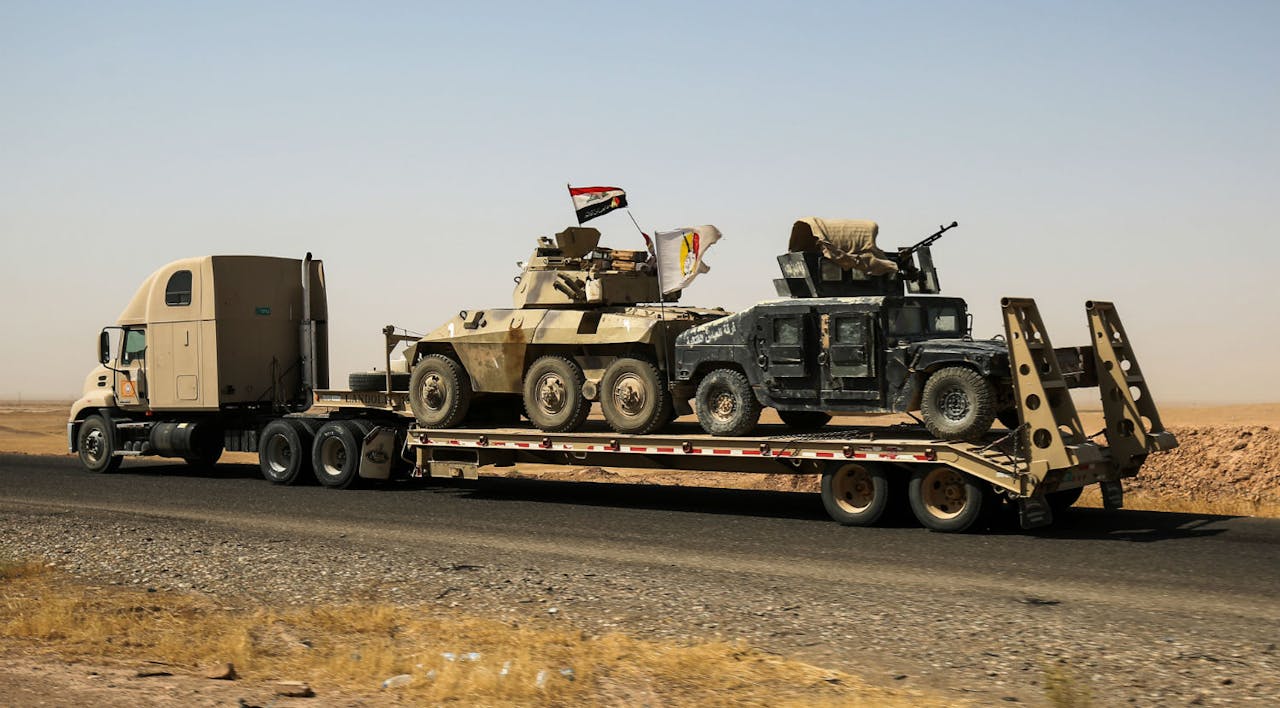
September 2017
What America Should Do Next in the Middle East
The policies of the Obama administration led to carnage in Syria, regional chaos, and the rise of Iran and its alliance with Russia. Can the momentum be reversed—without going to war?
During last year’s presidential campaign, Donald Trump promised to do a great deal more in the Middle East than his immediate predecessors, but with much less. That is, he would achieve significantly more than Barack Obama at a much smaller sacrifice of blood and treasure than was incurred under George W. Bush. This he would accomplish by defining American interests sharply and pursuing them aggressively, not to say ruthlessly. The result would be a global restoration of American credibility and, as Trump never ceased to remind voters, renewed global respect.
As an act of political “signaling,” Trump’s blunt message was savvy. Many Americans, especially those in his base of supporters, regarded Obama as timid, weak, and more solicitous of enemies than of friends; Bush, they believed, had been strong in some ways but prone to quixotic adventures like building democracy in the Middle East, a putative sin of which Obama had at least been innocent. Trump offered an attractive alternative: a hybrid approach that would combine the best qualities of his predecessors in office while jettisoning their worst inclinations. “America First” meant placing a Bush-style readiness to use military force in support of a leaner, Obama-style agenda that nixed democracy promotion. Unlike Bush, Trump would resist thankless nation-building projects; unlike Obama, he would reward friends and punish enemies.
Exactly how Trump intended to translate this framework into concrete policy started to become clear only after the election. As he appointed his national-security team, four major policy goals in the Middle East came into focus. First in line was the swift defeat of Islamic State (IS). Second, the Trump team was keen to improve relations with America’s traditional allies in the region, especially Israel, who had felt abandoned by Obama. Third, the administration would push back aggressively against Iran’s hegemonic regional ambitions while also renegotiating the 2015 agreement on Iran’s nuclear program. Finally, Trump was personally eager to explore the possibility of a strategic accommodation with Russia, especially in Syria.
Responses to September ’s Essay
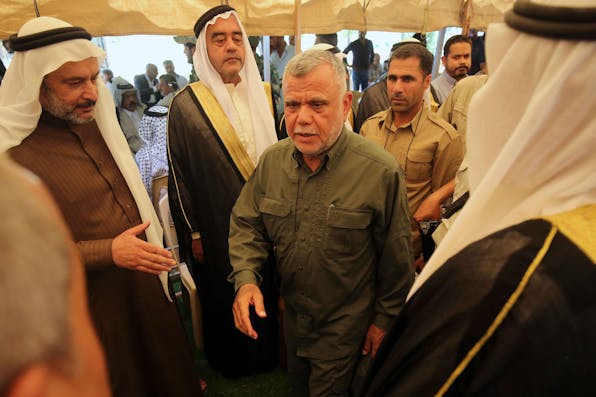
September 2017
America Is Not in a Zero-Sum Contest with Iran
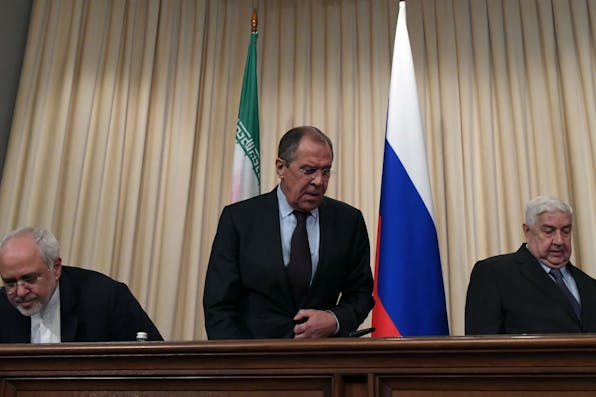
September 2017
How to Drive a Wedge Between Russia and Iran
By Eran Lerman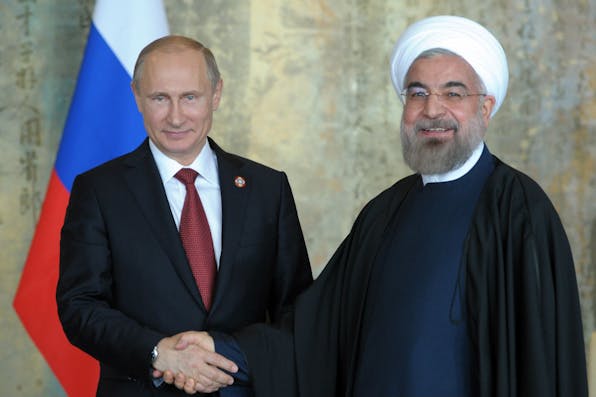
September 2017
The Moscow-Tehran Axis Is a Coalition of the Weak
By Frederick W. Kagan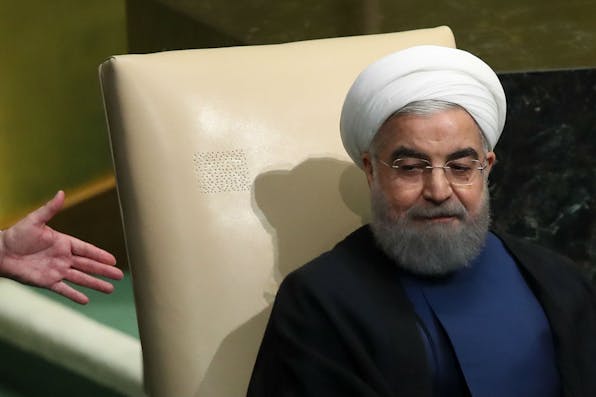
September 2017
Iran Must be Contained, but Iran Must Also Not be Viewed in Isolation
By Michael Doran, Peter Rough